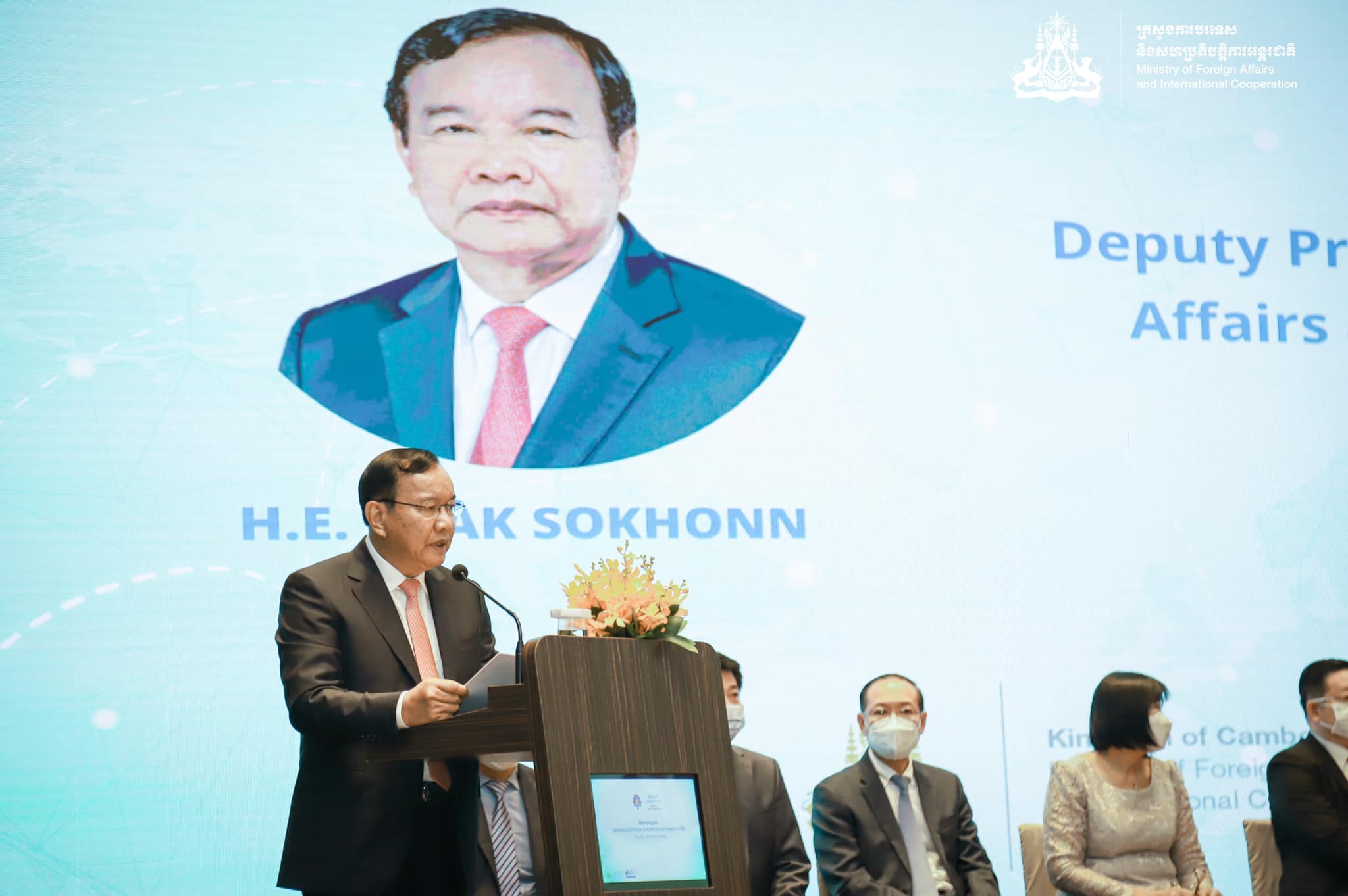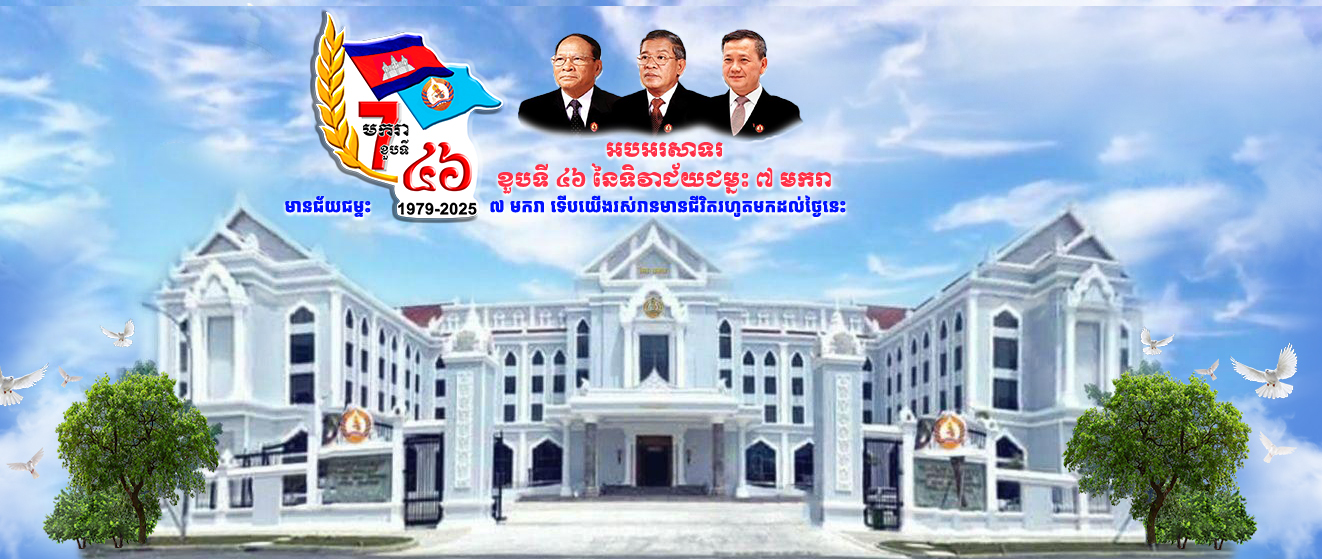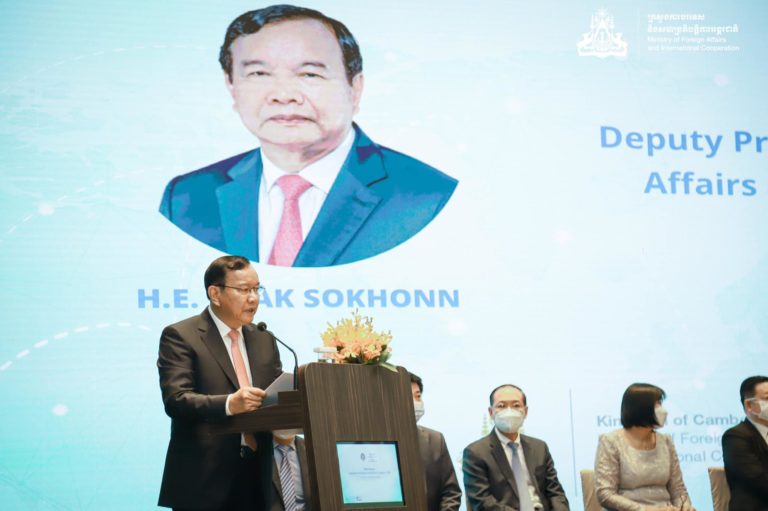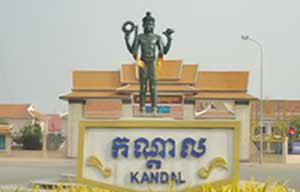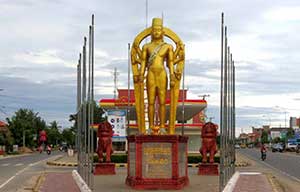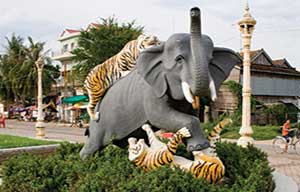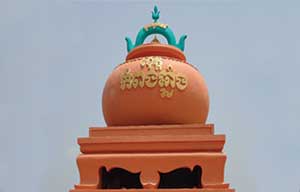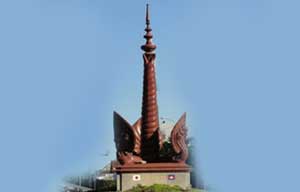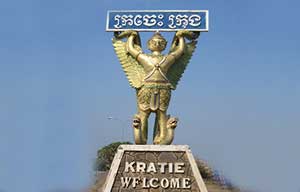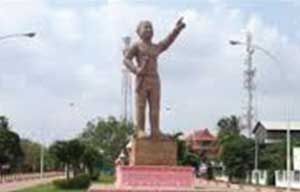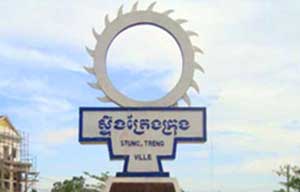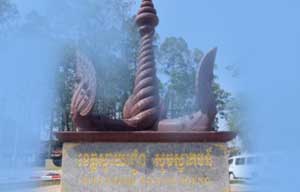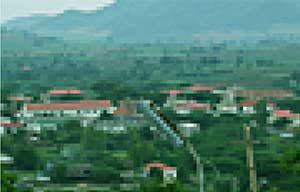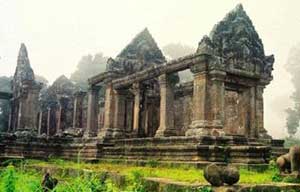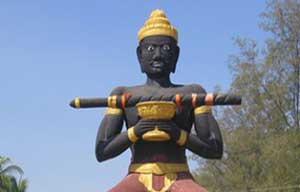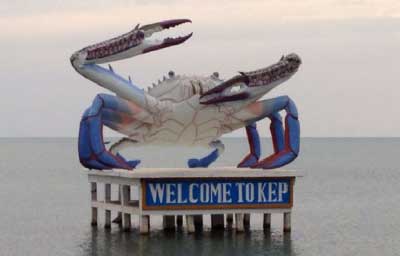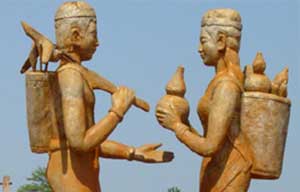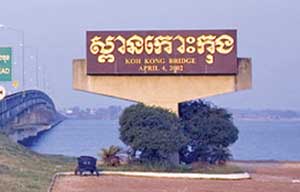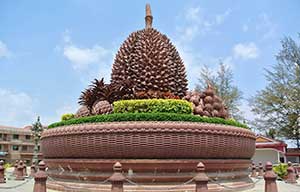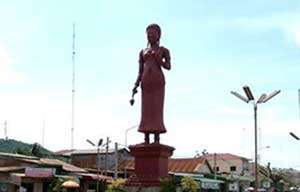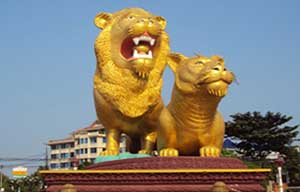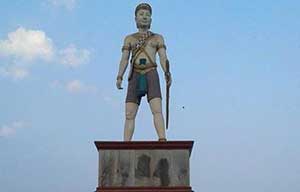Cambodian Deputy Prime Minister and Minister of Foreign Affairs and International Cooperation H.E. Prak Sokhonn has shared key achievements of ASEAN under Cambodia’s chairmanships in 2002 and 2012.
In his keynote address at the Workshop on “Cambodia’s Contributions to ASEAN since Assuming Membership in 1999” held here this morning, H.E. Prak Sokhonn recalled that when Cambodia took on the role of ASEAN Chair in 2002, just three years after joining the Association, the country managed to demonstrate its ability and capacity to discharge its mandate.
“First, we have contributed to the easing of tensions in the South China Sea (SCS) with the successful conclusion of the Declaration of the Conduct of Parties in the South China Sea (DOC), which is a milestone document embodying the collective commitment of ASEAN and China to promote peace, stability, mutual trust and confidence in the region. Second, Cambodia convened the first Greater Mekong Sub-region (GMS) Summit to enhance cooperation in GMS. Third, we hosted the first ASEAN-India Summit to strengthen ASEAN-India cooperation,” he said.
During the second Chairmanship in 2012, he continued, Cambodia successfully hosted the 20th and 21st ASEAN Summits in Phnom Penh. This time, the Kingdom has delivered quite a number of achievements.
The accession to the Treaty of Amity and Cooperation in Southeast Asia (TAC) by the UK, the EU, and Brazil (the first country in Latin America, for that matter), and the launch of the negotiation of the Regional Comprehensive Economic Partnership (RCEP), the world’s largest trade pact, which happened to enter into force also this year, were among the key achievements.
Moreover, H.E. Prak Sokhonn pointed out, Cambodia facilitated the adoption of the Joint Statement on the 10th Anniversary of the DOC, which reaffirms the joint commitment between ASEAN and China to promoting peace, stability, and mutual trust and confidence through the further implementation of the DOC. The ASEAN Foreign Ministers also adopted the ASEAN’s Six-Point Principles on the SCS, paving the way for ASEAN and China to start the negotiation of a Code of Conduct (COC).
“We tabled a proposal for the establishment of the ASEAN Regional Mine Action Centre (ARMAC) which came to see the light later when its headquarters was established in Phnom Penh in 2016. Since, ARMAC has become a Centre of Excellence in knowledge sharing and raising awareness on the effects of explosive remnants of war (ERW),” he said. “We initiated the First ASEAN Global Dialogue where we brought together the heads of International Financial and Multilateral Institutions to exchange views with our ASEAN Leaders.”
Besides, he added, at that time the ASEAN Leaders has officially launched the ASEAN Institute for Peace and Reconciliation (ASEAN-IPR) which focuses on strengthening research activities on peace, conflict management, and conflict resolution.
According to the Cambodian top diplomat, Cambodia was actively involved in key ASEAN-led platforms, namely: the ASEAN+1, the ASEAN+3, the East Asia Summit, the ADMM-Plus, and the ARF. Through these mechanisms, Cambodia has constructively contributed to dialogues and practical cooperation to promote the ASEAN Centrality.
